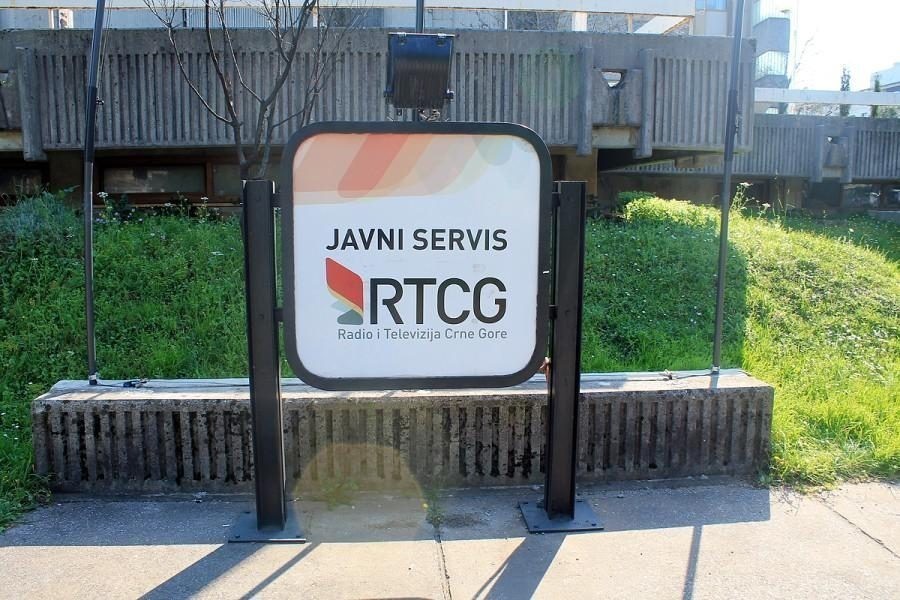
PODGORICA, 14.08.2019 – Montenegro has serious problems in the area of freedom of media. International reports of relevant organizations have come to an almost identical conclusion. European Commission, whose rating is the most important to us, thus sublimates these views: there is no progress and we are extremely concerned about the political impact on the Public Broadcaster Service.
The ethics in Montenegrin journalism and the Code are more than reprimanded. The media community is divided and strongly opposed to one another. But not because of the Code and ethics.
Political affiliation and bias is dividing the media in the country that is expected to become the first next member of the Union. For the last decade, two media branches are getting far away from each other, with no indication as to when and how they could begin to approach.
Ethics and responsible journalism cannot be returned by the state. This must not be state’s job because it would allow a flagrant interference of power and politics with the internal organization of the media community. We must do this ourselves if we want complete freedom. Regardless of differences, ethics and self-regulation must be a gathering point. The collapse of attempts to individually revive two self-regulatory bodies and, finally, to unite, has forced some media to move into self-regulation, establishing the ombudsman institution for their media. How successful or unsuccessful, it’s not very well known to the public because, ultimately, they are internal matters about which the media do not speak publicly.
However, the central place in every story of media freedom and journalistic independence occupies, rightfully, the Public Broadcaster Service – Radio Television of Montenegro.
Media paid by all citizens must justify this. The Public Broadcaster Service must be the head of the media community around which it will gather as a model of ethical and professional journalism. The self-regulation of RTCG is under review within the amendments to the Law on Public Broadcaster Services, Radio and Television of Montenegro. Instead of the previous model of Commission for applications and complaints of listeners and viewers, the Ombudsman Institute will be introduced.
That change did not occur randomly. The Commission’s practice, for more than a decade, has no scope and effects that it should have and which would justify its existence. The three-member body, composed of Council members, considered the complaints in the order of arrival. Whatever their decision was, it had to be checked by the Council. Communication with journalists and editorial staff was at the level required by law, not intensive and not regular for several objective but also non-objective reasons. There are no reliable statistical information about the implementation of recommendations to the editorial offices and journalists because such records have not been conducted. However, the Commission is certainly not the obvious state of affairs in which the Public Broadcaster Service is located. Low level of ratings, even lower confidence in the news program, sharp criticism of editorial politics from the civil sector, media employees, international organizations, political fractures in the RTCG’s center, are found and they will be found again, the alarm is showing that the situation evades control and this media must be as soon as possible on the path of recovery.
A Public Broadcaster Service urgently need a powerful self-regulation model that would trigger the mechanism from within. The future ombudsman will have the opportunity guaranteed by the Law and internal acts of the RTCG. The very fact that he will be elected at a public competition and that he / she will be appointed by the RTCG Council will raise the ombudsman in the rank of general director, because only he is appointed in that way. Domestic and international attention could be a kind of guarantee that political structures will have a reduced opportunity to influence the Council’s choice.
We came, as a country, to a situation in which the “head of state” seriously hangs the Damocles sword of the negotiation stopping, and if we want at least one good signal to be sent, the choice of ombudsman for RTCG could be the same.
The Public Broadcaster Service of Slovenia served as one of the models for the Draft Law on RTCG. Talking with ombudsman Ilinko Todorovski convinced me that a well-established model, with a person of professional and personal integrity, could be an opportunity.
Self-regulation in Montenegro financially proved unsustainable because the media themselves did not show that they were ready to finance it. The lack of awareness of its importance to “not feeding the hand that will hold them” is the reason why the key is locked into the lock of self-regulatory bodies. Now the state is ready to separate money for a unique self-regulatory body. The offer to which media does not know how to respond. Money is necessary, self-regulation is a duty to the public and to themselves, but, what if they are having to choose between a stick or a carrot? One risk will have to bear!
Nevenka Cirovic, journalist
The text was created within the project “Monitoring for free media” implemented by the Trade Union of Media of Montenegro within the framework of a major project “Judicial Reform: Upgrading CSO’s capacities to contribute to the integrity of judiciary” financed by the European Union, and implemented by the Center for Monitoring and Research (CeMi) in partnership with the NGO Center for Democracy and Human Rights (CEDEM) and the Network for the Affirmation of European Integration Processes (MAEIP).